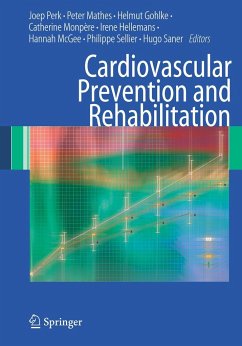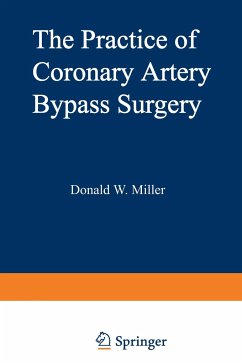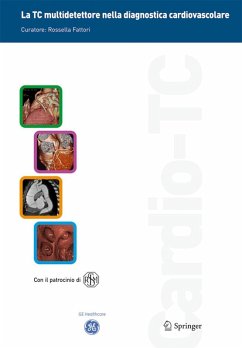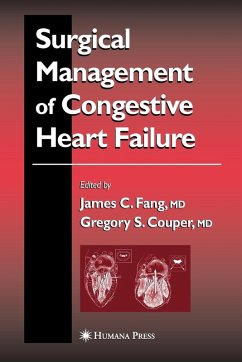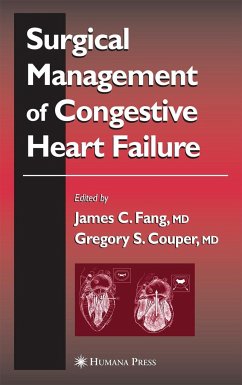
Collateral Circulation of the Heart

PAYBACK Punkte
46 °P sammeln!
The sober explanation for this book is a call by the Springer-Verlag, London, to edit a publication on 'The functional relevance of the collateral circulation' of the heart. Alternatively, it could be 'sold' as the result of my intention to reduce entropy of 18 years of scientific work on the topic of the coronary circulation, which was itself meant to diminish the amount of 'useless' energy. Such a process of reducing disarray in a system with the aim of grasping it better is related to simplification, which carries the risk of introducing error. This can be exemplified by the historic view o...
The sober explanation for this book is a call by the Springer-Verlag, London, to edit a publication on 'The functional relevance of the collateral circulation' of the heart. Alternatively, it could be 'sold' as the result of my intention to reduce entropy of 18 years of scientific work on the topic of the coronary circulation, which was itself meant to diminish the amount of 'useless' energy. Such a process of reducing disarray in a system with the aim of grasping it better is related to simplification, which carries the risk of introducing error. This can be exemplified by the historic view of angina pectoris, which used to be simplified as being always fatal, thus obscuring for nearly two centuries the view of a 'self-healing' mechanism such as the collateral circulation of the heart. It would be na?¨ve, to assume the present work to be free of erroneous oversimplification, because the very nature of scientific work is related to generating (simple) hypotheses with their subsequent falsification. In that context and bluntly, my primary interest in the field of the collateral circulation was not initiated with a vision of eradicating the consequences of coronary artery disease (CAD) by promoting the growth of natural bypasses. The time for such sizeable ideas had passed in the 1970s with the start of the work by Wolfgang Schaper.







